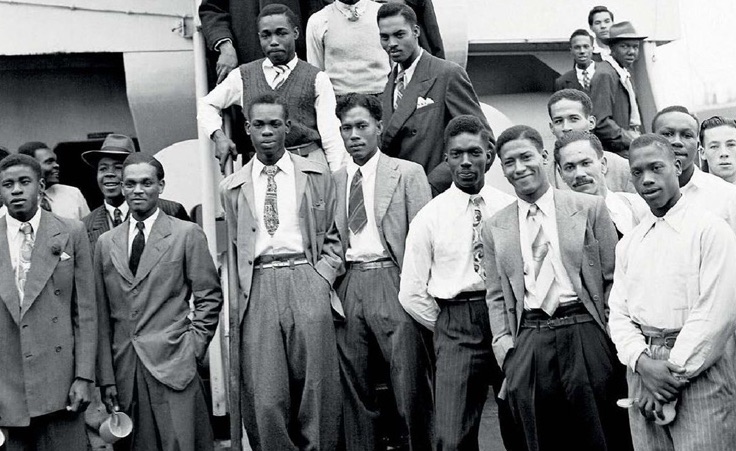The UK government sent hundreds of the Windrush generation with long-term illness and mental illnesses back to the Caribbean, a BBC investigation reveals.
Newly-publicised archives reveal that that at least 411 immigrants were sent back to Commonwealth countries in the Caribbean. These individuals had long-term health conditions and mental illnesses. In the 1960s, the Caribbean mental health care system lacked staff and assets to support those with many of these conditions.
Although the scheme supposedly relied on the requests of the individuals, the ability of mentally ill patients to make decisions and consent has been questioned. This has raised doubts about the scheme’s lawfulness. Under the presumption that the patients have psychological disabilities, they could not independently decide to move back to their home countries.
The desire to remove pressure on UK hospitals appears to have been a factor in the decisions. The BBC noted that ’officials were concerned not to give the impression they were “actively trying to offload… those Commonwealth citizens for whom Britain had little use”.’
Professor James Hampshire of the University of Sussex has argued that larger UK governmental policy at the time was to blame: ‘the intent and effect of legislation that was passed in that period was to restrict some kinds of migration and not other kinds’. It was primarily aimed at what was referred to at the time as ‘coloured immigration.’
Joseph Armatrading, husband, and father of five, arrived in the UK in 1954. He began struggling with his mental health and was diagnosed with paranoid psychosis. By 1966, despite holding a UK passport, he was removed from his family and returned to St. Kitts. He wrote to the government requesting a reunion with his family, but to no avail. June, one of Joseph Armatrading’s daughters, told the BBC she wants the government to answer questions about what happened to her father and that she is determined to keep his story alive.
In the late 1960s, Sylvia Calvert was sent back to Jamaica, leaving her daughter Marcia Fenton, who was left to the care of the local authority. Only decades later were Sylvia and Marcia reunited in Jamaica, but Sylvia still endured illnesses and died in 2007. Marcia told the BBC, ‘no one should have been repatriated who was mentally ill,’ and requested that the British government apologise.
Since this revelation, a government spokesperson has reassured the importance of patients’ well-being under the Mental Health Act. Now, an independent court has to agree that repatriation would be the highest concern for the patient.







